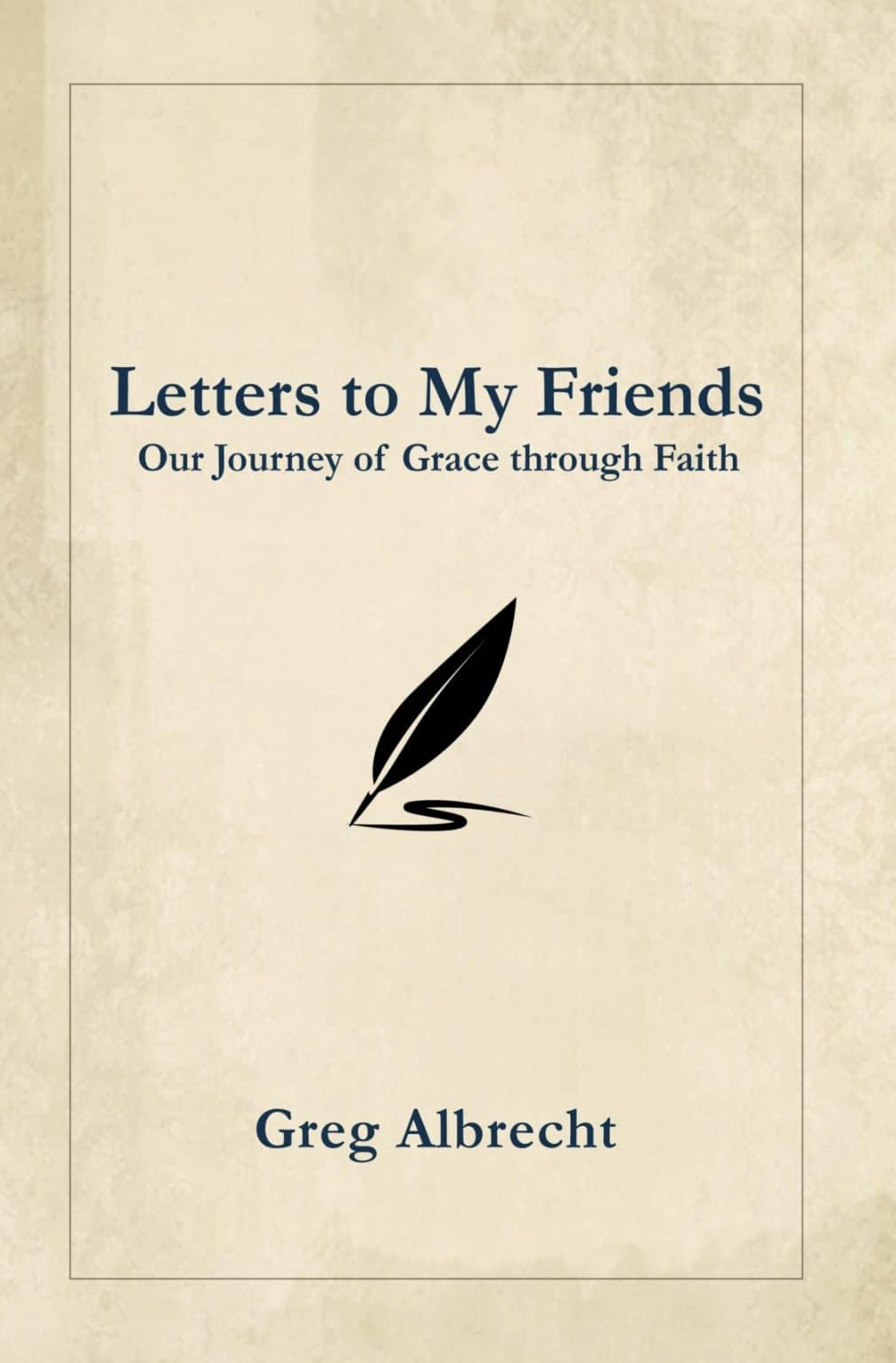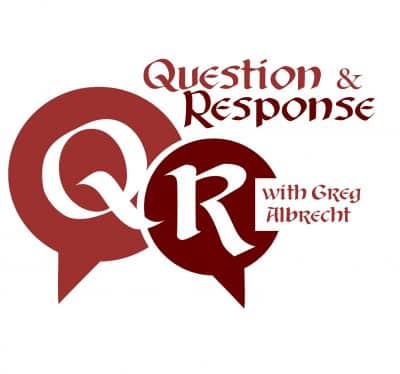Marriage Counseling by Greg Albrecht

Many years ago, over three decades in fact, in another life, professionally at least – another phase in my ministerial life – I spent many hours talking with young people about marriage. Recently I was asked, by several people within a few weeks period of time, what I felt were some of my lessons learned from the thousands of hours spent with people, trying (that was my intent at least) to help prepare them for marriage. Here are a few thoughts from those conversation, really more like interviews:
First of all, and I say this somewhat tongue-in-cheek, but it seems ironically the more I have learned about marriage the less I am asked to talk about it – put another way, I wish I knew then, when I was younger, what I know today… in many avenues of life, not just about marriage. I say that as a minister and pastor, I say that as a parent and grandparent, and as a father-in-law – I say that as a friend. But then, that’s a lesson we all learn, is it not? Wisdom often (not always of course) arrives in greater measure a bit later in life.
Two lessons at large, for those (as friends, pastors or parents) who would try to help others about marriage:
- 1. The vast majority of those who seek pre-marital counseling have already determined to marry the person with whom they are seeking “counsel.”
Who the person, a friend, a son or daughter, is going to marry is often a ship that has already sailed. That train has left the station. In most cases, no advice is being sought about “who.”
- 2. The vast majority of those who seek marriage counseling, trying to hold their marriage together, are convinced their spouse is the main problem in the marriage. The assumption is that my husband/wife is the problem, if I can just convince them to start counseling then maybe a counselor, friend, parent or pastor can fix them and straighten them out. You can often identify this party as the one who makes the appointment or starts the conversation, and the other party as the one who obviously, by body language and other indicators, would rather be almost anywhere else – they are the one who feels as if they have been invited to a hatchet fight but denied the hatchet.
These two broad-based truths, while having exceptions, are part of the world into which one ventures when trying to “help” in either pre-marital or marital counseling.
For people considering marriage, that is, having already determined who they will marry, I would advise them to enter holy wedlock (or holy deadlock as some wits call it) with these values:
- Be quick to admit you are wrong, or that you might be even if you don’t see how you possibly could be. This is not merely about placating your spouse, but giving yourself time to perceive the error of your own behavior.
- Always praise, honor and be thankful – if you can’t say something nice, then don’t say it.
- Learn, early on, how to argue and disagree, so that disagreements can be handled at lower levels without blowing fuses and melting down.
- Never, ever yell at your spouse. It doesn’t matter if your parents yelled at each other all the time – that doesn’t make yelling an appropriate way to solve issues. Don’t lose your cool – keep your temper in check.
- Be patient and considerate – treat your spouse as your special treasure, which of course they are.
- Do more than your “fair share” of all chores, responsibilities—live married life as a gracious sacrifice of love. You are privileged to serve your spouse – that’s your perspective!
- Do not compare your spouse in an unfavorable way—do not run them down, in public or privately.
- Instead of trying to fix your spouse, fix yourself. The only person you can effectively change is yourself – do so as needed. Growing up and maturity is good for the soul, an incredible tonic for a marriage.
- Have reasonable expectations. Most men marry hoping their spouse will never change—most women marry taking on a project, also known as their husband, whom they intend to improve. Both wind up bitterly disappointed.
- To men only – and primarily to young men. When young men marry (by young I mean anyone under 30) they often either fail to understand, don’t know, or ignore the fact that women of the same age, or nearly the same age, are far more mature. Men are still playing the emotional catch-up game. Be careful – you are immature, compared to your bride. Be careful about taking yourself too seriously – give yourself some time to grow up and pray your wife will be patient with you as you do.
My two cents. Lots more to say, but this is the foundation of what I have to say at the ripe old age of 75, and with Forrest Gump, “that’s all I have to say about that.”











 Plain Truth Ministries | Box 300 | Pasadena, CA 91129-0300
Plain Truth Ministries | Box 300 | Pasadena, CA 91129-0300

